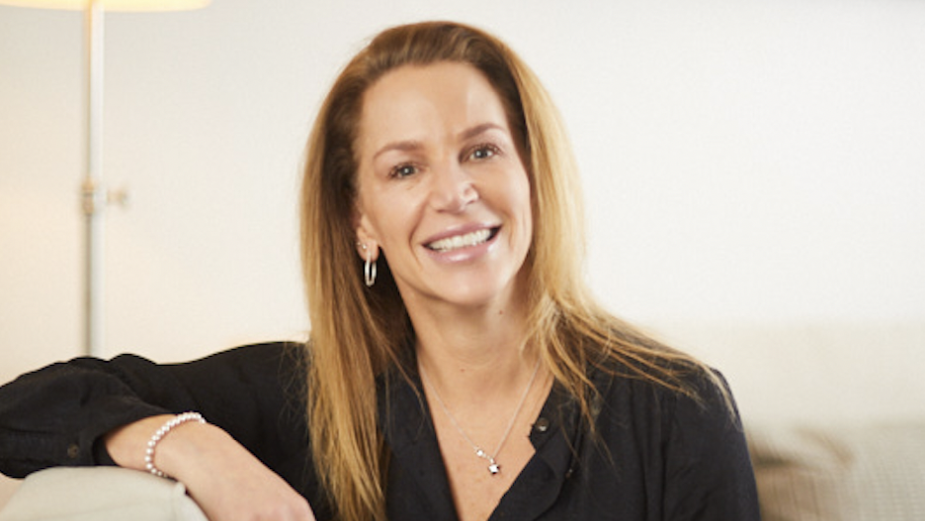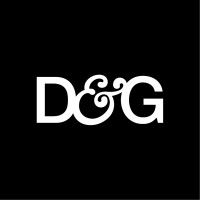
Bossing It: Being Current and Curious with Lisa Tanner

Lisa Tanner is managing director at David&Goliath and leads the overall Kia business and integrated efforts with all partner agencies. Before managing all things automotive at D&G, Tanner served as SVP, Group Account Director for Farmers Insurance at RPA for more than nine years. Over her career span of 23 years, Tanner has held positions in account management and new business at Team One, Deutsch, McCann WorldGroup, GSD&M for clients such as AT&T, Saturn, 7-11, Mirage/Bellagio Hotel and Resorts, Land Rover, DirectTV and YMCA.
LBB> How did you figure out what kind of leader you wanted to be – or what kind of leader you didn’t want to be?
Lisa> I didn’t really come up the ranks with a mentor; no one ever really talked to me about management track or goals, so I often set them on my own. I have had some great bosses and peers, but not one person I can point to who has been a constant to help my growth. When I began managing my own teams some years ago, I decided that was not how I wanted my team to see me. So, I have made a conscious decision to take an active interest in helping them all set goals, understand expectations, what it takes to get to the next level. Lifting others up so we can all rise has been one of my principles as a leader.
LBB> What experience or moment gave you your biggest lesson in leadership?
Lisa> The role I am in now has certainly been a huge lesson. Starting a big new job at the beginning of the pandemic, running a large account having never met the majority of the team or clients was definitely more challenging than expected. I have often relied on my in-person energy and big outgoing and fun personality to take center stage, but I didn’t have that luxury and I was quickly reminded the power of relationship building and open communication. And to not take for granted the times we spend in-person and how impactful it is. Really getting to know people and them to know me is much harder working remote, so we must take the time to show empathy and care, be understanding, and keep an open mind and heart before passing judgment.
LBB> Did you know you always wanted to take on a leadership role? If so, how did you work towards it and if not, when did you start realising that you had it in you?
Lisa> Not surprisingly, as a child I was the ring-leader of what game to play, where to go play, who to play with. I do believe some people are born more innate leaders, which is why I was drawn to account management. I realized pretty early in my career I had it in me when I was sent to meet with senior marketing clients as a junior account executive. The feeling of having a great meeting and getting such positive feedback was like nothing I had ever felt in the professional world. That confidence was a springboard for every move I’ve made since. I saw myself as a leader then, so a leader I became. But I never forget where I started.
LBB> What was your first experience of leadership?
Lisa> In my first ad agency job out of college, I was managing the interns. While we weren’t that different from each other, I had a year of professional work under my belt and they were still in school. I had one intern who was always late and didn’t always seem engaged. But I really liked her and saw promise, so I decided to take her aside and tell her my thoughts on her performance. She immediately changed her tune; was so grateful and appreciative I took the initiative and was open with my communication. And years later she recounted that experience as one that set her on her own career path to success. That has always stayed with me as a reminder the impact we have on people when we least realize it.
LBB> When it comes to 'leadership' as a skill, how much do you think is a natural part of personality, how much can be taught and learned?
Lisa> I think it’s a little of both. I certainly have coached people who I knew “had it in them” and they just needed some guidance and the right tools to succeed and be seen as the leader they are. By nature, I have a more outgoing, personable, direct personality, but I absolutely needed to learn how to be an effective, respected and trusted leader. That I believe is earned. Being a leader doesn’t always mean you are the most vocal in the room, and I think people tend to confuse seniority and leadership.
LBB> What are the aspects of leadership that you find most personally challenging? And how do you work through them?
Lisa> I find there are still many challenges for women in senior roles to be seen as equal and not get labeled too assertive or aggressive for ultimately being confident and direct. It is still a balancing act and my style is not for everyone. I try to acknowledge the audience at every corner, but reminding myself that I cannot be everything to everyone is important. It’s not about taking it personally, it’s about being the best, consistent version of myself possible. As long as I stay true to my authentic self and keep laser-focused on the future and what I can affect I will always rise above.
LBB> Have you ever felt like you've failed whilst in charge? How did you address the issue and what did you learn from it?
Lisa> At D&G, the culture is one of being Brave. Number five of our Ten Brave Ways is Fail. To Learn. And that is absolutely something I identify with at its core. We must fail in order to succeed. And we can only learn from what are perceived failures and turn them into lessons of growth and opportunity. It’s a moment to remember it’s not what happens, it’s how you handle it that matters most.
LBB> In terms of leadership and openness, what’s your approach there? Do you think it’s important to be transparent as possible in the service of being authentic? Or is there a value in being careful and considered?
Lisa> I have learned that transparency and accountability are so important. In the world we live in today, there’s no sense in having a hidden agenda or keeping information to yourself; collaboration is how my best work is done. However, it’s really all in the presentation of the information that makes it authentic. Being careful and considered in how you choose to communicate is what continues to earn the respect as a leader.
LBB> As you developed your leadership skills did you have a mentor, if so, who were/are they and what have you learned? And on the flip side, do you mentor any aspiring leaders and how do you approach that relationship?
Lisa> I never had a true mentor who was really by my side and coaching me along the way. I had a few great bosses, but not one person I can consistently point to. That being said, it’s been an extremely large part of my career to give that mentorship to others. I am part of a few different organized programs, like ThinkLA and University of CO, that are very important to me personally and professionally.
My approach is simple: Be a catalyst for growth. Motivate, inspire, praise, build confidence. Helping to set goals and provide ongoing feedback is crucial. Making sure I am always available, approachable, and the best role model possible is what I strive for.
LBB> What are the most useful resources you’ve found to help you along your leadership journey?
Lisa> Continuous learning and improvement. Be current, be curious, know what is happening in the world, spend time with people who aren’t like me and learn from them. Reminding myself I will always be a work in progress is important, so talking with a therapist, life/career coach has always been a helpful resource for me. Might sound cliché, but surrounding myself with people who are smarter than I, is the key as it helps to motivate me to push my limits and be the best version of my authentic self.













